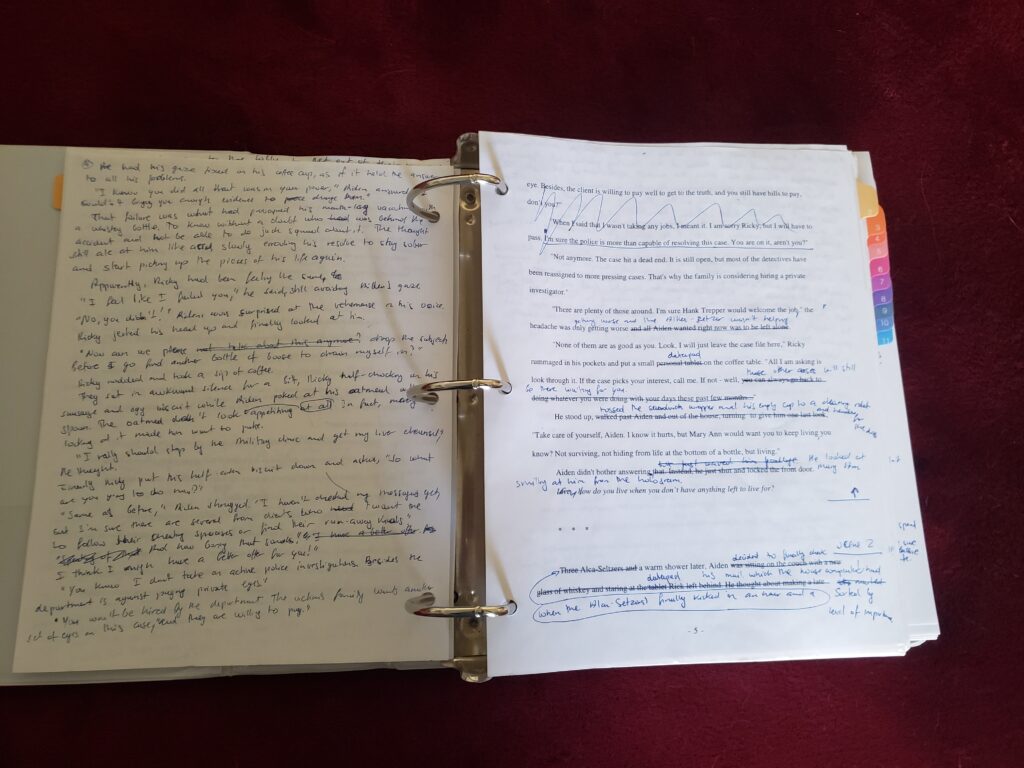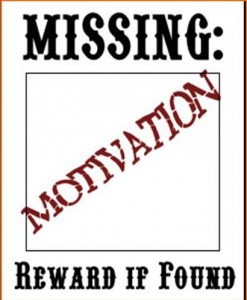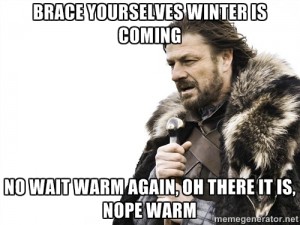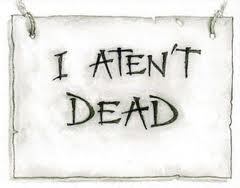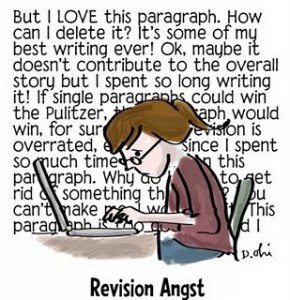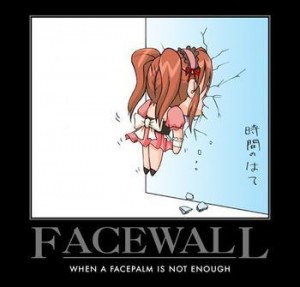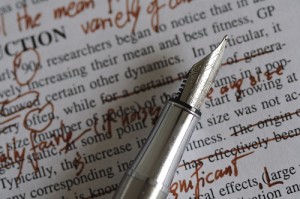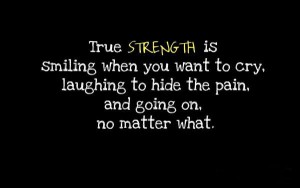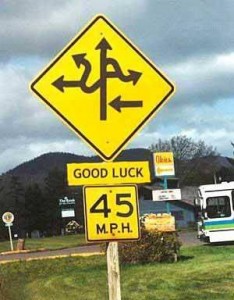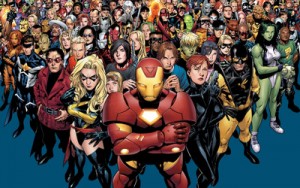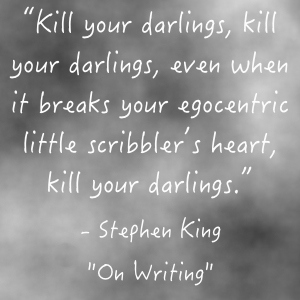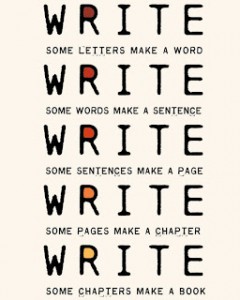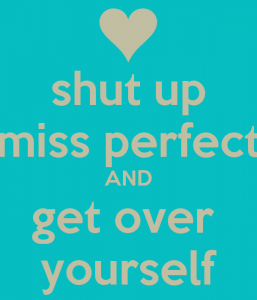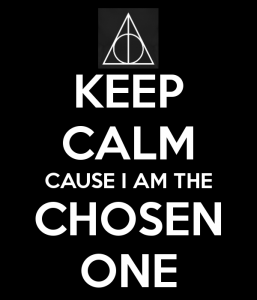
Why am I doing this, you’re asking? Isn’t NaNoWriMo for pounding out the first draft of a story and not worrying about editing it until later?
Well, because I have been there and done that, and I have several finished first drafts of several stories to prove it. They have been gathering dust in my desk drawers for a few years while I chase the new shiny story during the next NaNo and completely ignore them. I really don’t need to add to that pile… yet. I KNOW how to put words on a page. I KNOW how to power through the self doubt and the lack of motivation, and to just get to the finishing line, no matter how bad you think your end product is. I have won several NaNos and have always worked through December afterwards to finish my manuscripts, so I think I’m pretty good with first drafts.
It is time to take my writing journey to the next step – it is time to take that smoking pile of dung that some of those first drafts are and try to wrestle an actual story out of them.
So for this NaNo I decided to tackle the very first novel I wrote back in 2013 during my very first NaNo and do a complete revision and rewrite. Since I had lost the digital copy (as I had mentioned in this post), I basically had to start from zero words and type everything back up while doing my changes and corrections. It was hard and grueling work, and my brain done fried a few times during that process, but I’m happy to announce that I did it! I typed everything up and beat that sucker into a better shape then it was in as a first draft! The novel now stands at 110k words.
There are still some scenes I am not entirely happy about, but most plot points have been fleshed out and all the plot holes (that I am aware of) have been fixed. Next step in the process would be to go scene by scene and decide what drives the plot, what adds to the story background, and what serves no purpose and needs to be integrated into different scenes or cut out entirely. After that, the more tedious revision process starts – fixing grammar, editing for readability, making sure my names and character descriptions are consistent throughout the manuscript.
I have never done anything like that before, so I admit that I am daunted by the enormity of the task ahead of me. However, I had a chance to purchase a powerful tool to help me with this endeavor. As a NaNo winner, I had a discount on Pro Writing Aid. From the demos I have seen, this is an invaluable editing tool, especially for a non-English speaker like me. I am very excited to put it through its paces during the month of December and report my findings and observations.
I think my biggest fear when editing and revisions are concerned is the sheer enormity of the task ahead. Like how do I whip this monster of a manuscript into shape? And just thinking about that makes we want to give up before I even started. For example, I have been procrastinating and writing this post instead of tacking two scenes in chapter 1 to decide if I want to toss one of them or combine the two together and rewrite.
So my plan for now is to eat the elephant in small bites. Today, I will tackle those two scenes. Tomorrow, I will run my first Pro Writing Aid report and work on fixing those problems. It might take me more than a day to go through each report and that’s okay. However, since I need a deadline or I will procrastinate forever, I am setting myself a goal of having all the edits I can complete on my own done by January 31st 2021.
Hopefully, I will get that accomplished. And as a motivational reward, if I accomplish some of my mini goals along the way, I will work on an accompanying short story that explains how Aiden got his artificial lung and patches of artificial skin all over his face.



